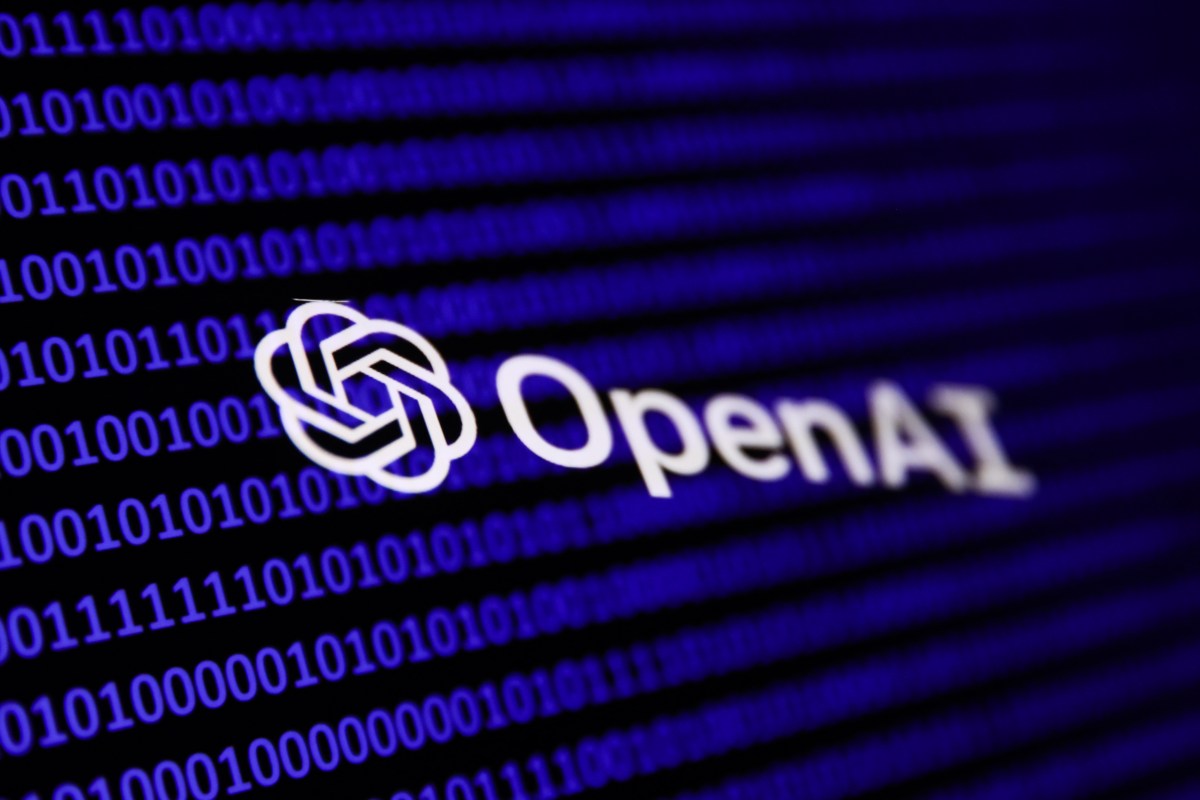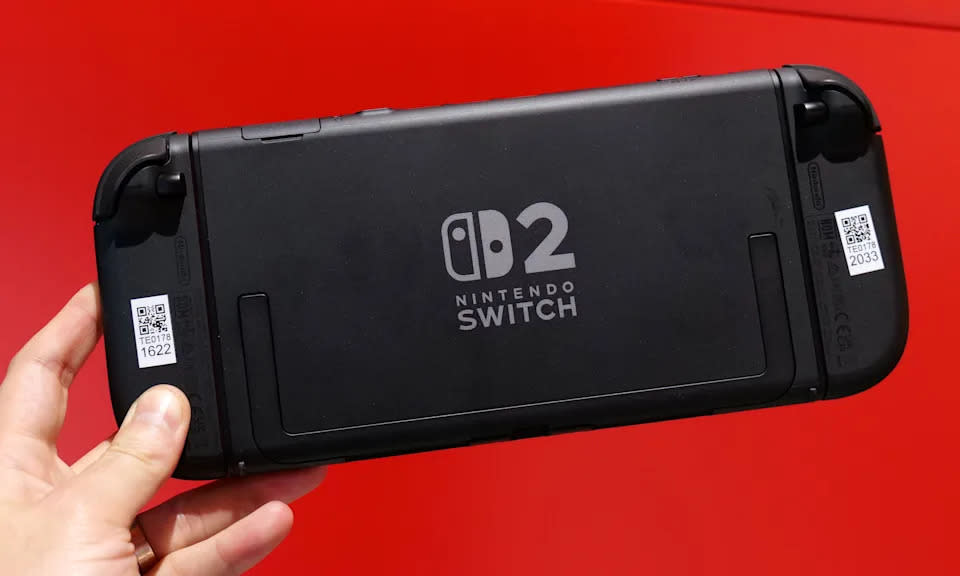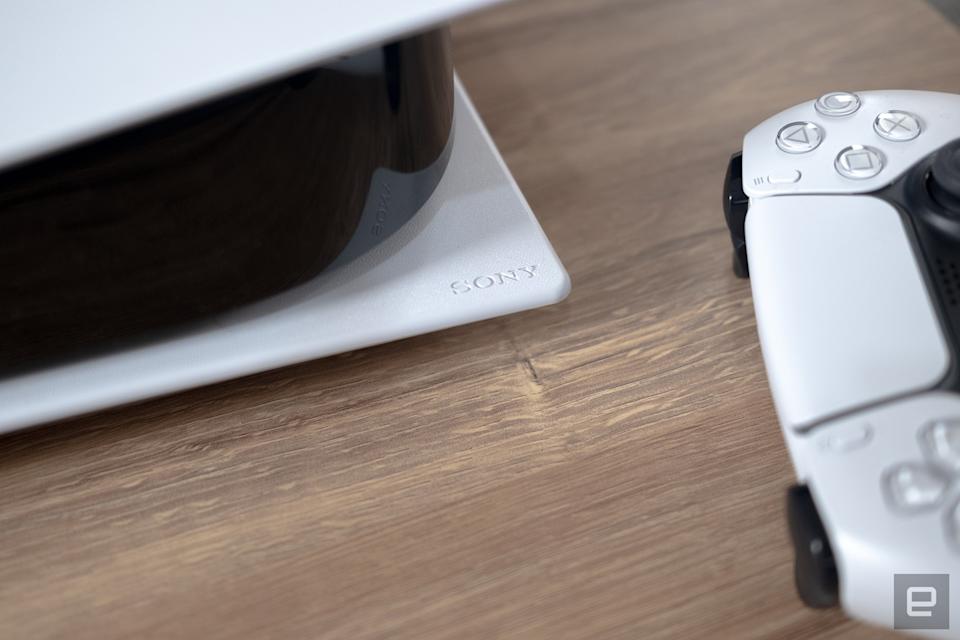“`html
OpenAI Develops New Generative Music Tool for Creative Applications
OpenAI, a leading artificial intelligence research organization, is reportedly in the process of developing a new generative music tool. This innovative tool aims to create music based on text and audio prompts, potentially transforming how creators produce and integrate music into various projects. According to a recent report by The Information, the tool could serve multiple applications, including enhancing video content and providing musical accompaniment to existing vocal tracks. The integration of AI in music generation represents a significant advancement in the field of creative technology.
By leveraging sophisticated machine learning algorithms, OpenAI’s new tool could enable users to generate unique musical compositions tailored to their specific needs. This capability could be particularly beneficial for content creators, filmmakers, and musicians who seek to enrich their projects without the need for extensive musical training or resources. The democratization of music creation through AI has the potential to empower a broader range of individuals, allowing them to express their creativity in ways that were previously limited by their musical knowledge or technical skills.
While details regarding the tool’s launch timeline remain unclear, there are indications that OpenAI is exploring various avenues for its deployment. One possibility is that the tool may be offered as a standalone product, while another option could involve integration with existing OpenAI platforms, such as ChatGPT and the video application Sora. This flexibility could enhance the tool’s accessibility and usability across different user demographics, making it easier for both amateur and professional creators to experiment with AI-generated music.
In developing this generative music tool, OpenAI is reportedly collaborating with students from the prestigious Juilliard School. This partnership aims to annotate musical scores, which will serve as valuable training data for the AI models. By utilizing insights from these music students, OpenAI hopes to improve the accuracy and quality of the generated compositions, ultimately leading to a more refined user experience. The collaboration with a renowned institution underscores the importance of integrating expert knowledge into the development process, ensuring that the tool can produce music that resonates with both creators and audiences.
This initiative is not OpenAI’s first foray into the realm of generative music. The organization has previously launched models designed for music generation, although those efforts predate the introduction of ChatGPT. More recently, OpenAI has concentrated on developing audio models that focus on text-to-speech and speech-to-text capabilities. This progression suggests that OpenAI is building on its existing expertise in audio processing to create a more comprehensive music generation tool.
The generative music landscape is becoming increasingly competitive, with several other companies also working on similar technologies. Notably, Google has been active in this space, developing its own generative music models that utilize advanced AI techniques. Additionally, Suno, another emerging player, is exploring the potential of AI in music creation. This growing competition underscores the importance of innovation and differentiation in the market for generative music tools.
As the demand for unique and customizable music continues to rise, the potential applications for OpenAI’s generative music tool are vast. Some possible use cases include:
- Video Production: Content creators can seamlessly integrate original music into their videos, enhancing storytelling and emotional impact. This could lead to a new era of personalized video content that resonates more deeply with viewers.
- Music Composition: Musicians can use the tool to generate accompaniment for their vocal tracks, allowing for more complex arrangements without extensive musical knowledge. This could open doors for aspiring musicians who may lack formal training.
- Gaming: Developers can create dynamic soundtracks that adapt to gameplay, providing a more immersive experience for players. AI-generated music could respond to in-game actions, creating a unique auditory experience for each player.
- Advertising: Marketers can produce tailored jingles or background music that align with their brand messaging and target audience. Custom music can enhance brand identity and improve audience engagement.
Despite the promising potential of this technology, there are also challenges and considerations that must be addressed. The ethical implications of AI-generated music, particularly concerning copyright and ownership, will likely be a topic of discussion as the tool approaches its release. Questions may arise regarding the originality of AI-generated compositions and how they fit within existing copyright frameworks. As AI continues to blur the lines of creativity, these discussions will be crucial in shaping the future of music production.
Moreover, the quality and creativity of the generated music will be crucial factors in determining the tool’s success. Users will expect high-quality outputs that not only meet their specific needs but also resonate with their audiences. Continuous feedback from early users, especially those involved in the development process, will be essential in refining the tool and ensuring it meets industry standards. OpenAI’s commitment to iterative improvement will be vital in addressing any shortcomings and enhancing user satisfaction.
In conclusion, OpenAI’s development of a generative music tool marks an exciting advancement in the intersection of technology and creativity. As the project progresses, it will be important to monitor its impact on the music industry and the broader creative landscape. The potential for AI to revolutionize music generation is significant, and OpenAI’s efforts may pave the way for new possibilities in how music is created and consumed.
As the launch date approaches, further updates from OpenAI are anticipated, and industry stakeholders will be eager to see how this tool can enhance creative processes and contribute to the evolving landscape of generative music technologies. The fusion of AI and music creation could not only transform individual projects but also reshape the future of music itself, making it more accessible and versatile than ever before.
“`




